Living in a foreign country is always interesting. Learning the language is one thing, but learning about the culture is completely different. In my time in Medellín, I have noticed several things Colombians do that foreigners may find weird or even funny.
When I arrived in Medellín there were some things Colombians do that clearly stood out right away. And other things Colombian do that I noticed by observing the locals after being in Medellín for a while.
In this article I look at my top 12 things Colombians do that foreigners may find weird or funny.
Note the above photo is Colombians celebrating Christmas, something that Colombians do on a completely different level.

A cup of hot chocolate, bread and cheese on the side to dip in, photo by Peter Angritt
1. Cheese Seems to be On and In Everything
Colombians love cheese. Their love to cheese goes so far, that they put it nearly on and in almost everything.
You think you only ordered a fruit salad? There’s most probably gonna be some cheese on it. Oblea (like a flattened waffle cone ) will be served with arequipe, jam and of course, cheese.
Hot chocolate with cheese is also a thing that Colombians like to drink. The list of foods in Colombia with cheese seems to be endless. Also, I have to mention, that the cheese here is not as salty and strong in taste. It’s fresh cheese. And it’s soft in texture and pretty neutral in taste.
2. Colombians Think Saying “No” to Someone is Rude
Colombians are one of the friendliest people I have ever met. They help you as much as they can and would never dare saying “No” directly to someone.
Colombian‘s will rather tell you a story of why something doesn’t work, instead of just saying “No”. That’s because they usually grow up thinking that saying directly “No” to somebody might be rude.
It’s just a culture thing. And one has to get used to if he/she comes from a more direct culture, to not be perceived as rude.
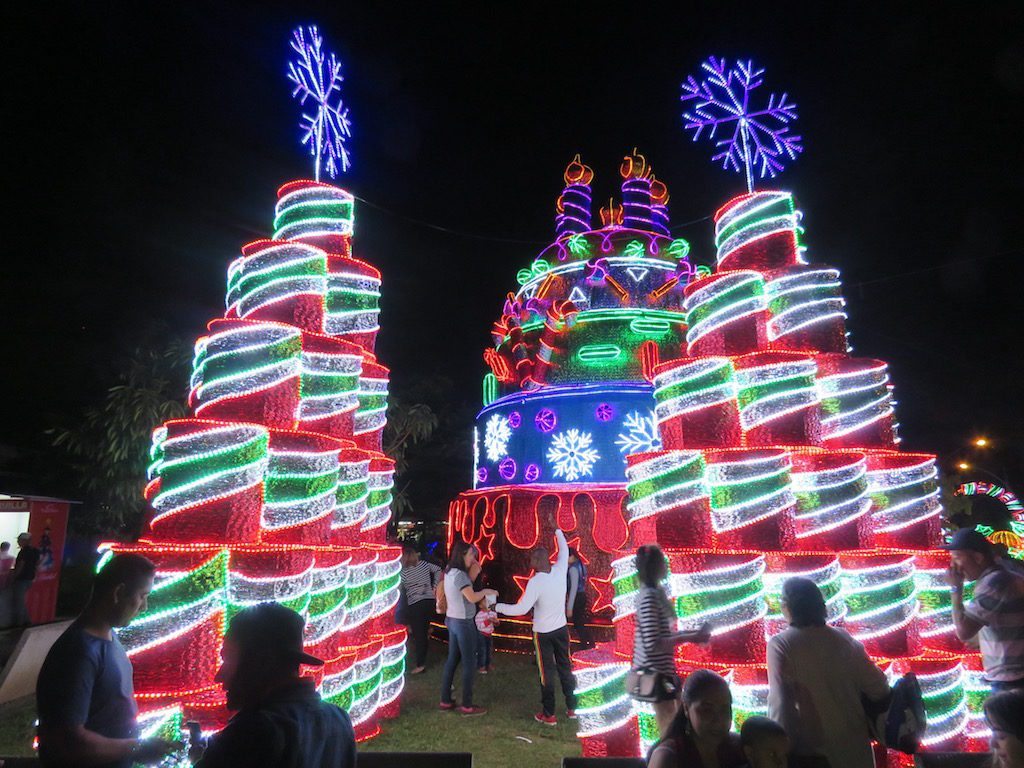
Christmas lights inside Parque Norte in Medellín last year
3. Colombians Celebrate Christmas on a Completely Different Level.
Colombians really celebrate Christmas in a huge way each year. And Christmas is almost a month-long celebration in Colombia. It’s not just a single day or a weekend.
Medellín in particular celebrates Christmas with its world-class Medellín Christmas lights that are turned on for over a month.
The Christmas season in Colombia unofficially tends to start on December 7, which is known as Día de las Velitas (Day of Candles). People place paper lanterns and candles, which placed on porches, balconies, streets, sidewalks, squares and parks in cities and pueblos throughout Colombia.
Also, after Christmas day, Colombia celebrates “The Day of the Innocent Saints” on December 28. This is a day dedicated to playing practical jokes on friends and family.
4. Colombians Want to Help You Badly
If you ask (especially a stranger) a question, like: “where is the nearest supermarket” or “where can I get a hamburger”. They might just don’t know the answer to that question and probably won’t tell you that they don’t know.
Colombians are so nice, they will try to help you even when they don’t know the answer to your question.
So, rather than saying: “Sorry I don’t know” they will make up a story or tell you anything to help you even though it’s not true.
To figure out the difference between a “real” answer and an “I want to help you so badly but I don’t know” answer can be challenging at the beginning.
It’s very common in Colombia to find this out when asking for directions. Ask for directions from a passerby and if they don’t know they still will tell you something like “three blocks ahead and to the right”. So, you follow their directions and find out there is nothing there.
Then you ask someone else at this location and they tell you it’s five blocks in the other direction. And you end up going in circles.
Honestly it’s usually better to rely on Google Maps then ask for directions in Colombia.

Photo of a women with braces outside of a dentist officeC
5. There’s No Age for Wearing Braces in Colombia
Beauty is really important in Colombia, especially women are putting a lot of effort in. Whereas in the U.S. or Europe, it seems almost only kids wear braces.
In Colombia, it’s not unusual seeing Colombians of all ages wearing braces. Some Colombian friends told me, that the braces are like a status symbol, for wealth or having money.
Of course that’s not the only reason because many just couldn’t afford braces as a teen and are now catching up on the dental work. Besides all this, the goal is still to get a beautiful smile.
But since braces aren’t a thing that every Colombian can afford, they are wearing them proudly and at all ages.
6. Don’t be Surprised to be Called by a Nickname or Your Status
Colombians are really friendly and welcoming people. That’s why it surprised me even more that they nickname people by their appearance. For instance, you can get called ”negrito” (black person) when you’re black or “mono” (white person) when you’re white.
Same with your height or your body size, it’s possible that you get called “gordito” (fat) if you’re bigger or “flaco” (skinny) because you’re skinny, and so on.
Keep in mind, that this is just the way they talk to each other no matter if you’re a foreigner or a local. And it’s usually not meant to be offensive.

Photo taken on the “dia de la pereza” in Itagüi
7. There is Always Something to Celebrate in Colombia
As you might know, Colombians love to party! There seems to be a celebration for almost everything. They celebrate youth, plantain, there’s even the celebration for laziness, “dia de la pereza”. The list of celebrations in Colombia seems to be endless.
In addition, Colombia has has more public holidays than most countries with a total of 18 holidays during the year. Some Colombians may not even know what some of the Colombia holidays stand for, but will certainly celebrate.
Colombians use every occasion to drink aguardiente (anise-flavoured liqueur), to sing and to dance together. Even if you’re not dancing, drinking or singing, you will have fun watching the Colombians doing it.
There’s no age limit for partying here. Usually the abuelos “grandfathers” and abuelas “grandmothers” will dance, drink and sing on parties together with their grandsons and granddaughters.
Believe me when I say, you will never have to worry about getting bored in Medellín or other cities in Colombia, there’s always something going on.
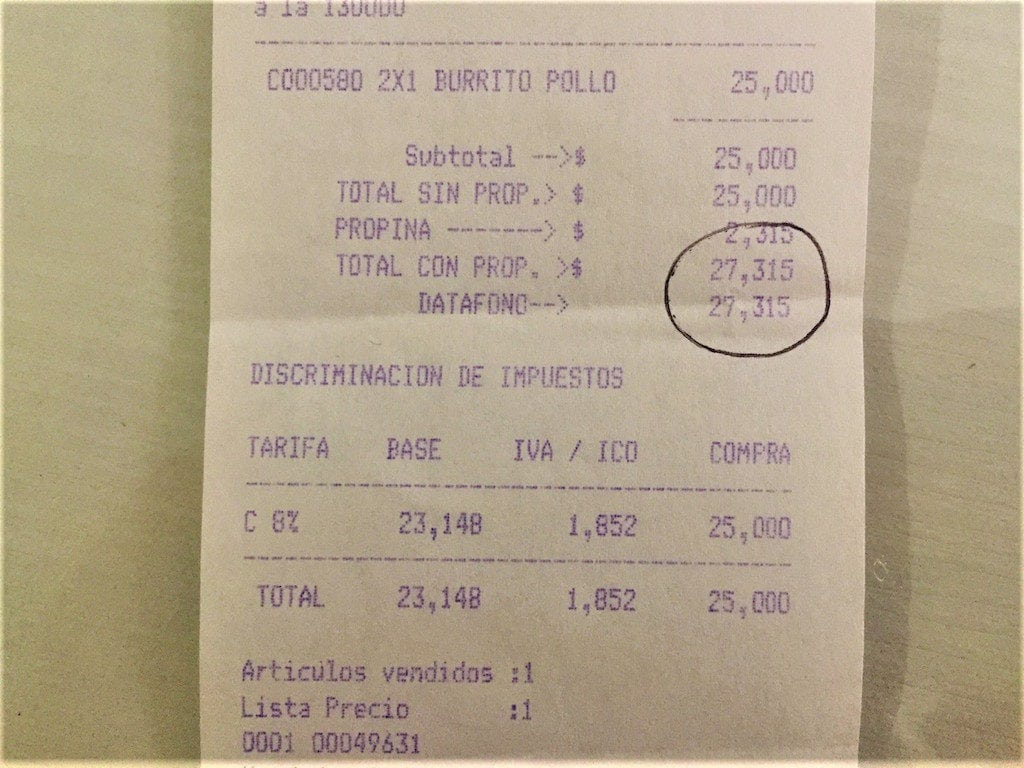
A receipt with two totals, one with a tip (27,315 pesos) and one without a tip (25,000 pesos)
8. You Get Asked for Tips in Restaurants in Colombia
Since the law in Colombia does not allow to charge tips directly, in Colombia they usually ask you (especially in tourist areas) if they can charge you a tip. This was something I was not used to.
Sometimes it’s automatically on the bill without asking. But a note will typically be on the bill that says that it isn’t mandatory to pay the propina (tip). The voluntary tip in restaurants in Colombia is currently about 10 percent.
In my opinion it is uncomfortable to get this question asked. Also, I am way too friendly to say “no” to a waiter for charging me tip. As far as I know, Colombians usually don’t tip like in the U.S. in example. So, not everybody in Colombia expects an automatic tip.
You can decide if you want to tip or not. And you don’t have to feel obligated to tip, even though you’re used to it from back home.
9. Colombians Seem to be Late for Almost Everything
Fact is, that you always need a plan B or even plan C when having a meeting with a Colombian. They are just not used to be punctual and since it’s not considered as rude as it is in the U.S. and Europe they have no reason to change.
Sometimes they will tell you, that they’re on their way. At times they say that but are still laying in bed and haven’t even showered yet.
Or sometimes they bring up some random excuses like: “I need to go grocery shopping with my mom”, that’s not even necessarily a lie. They just don’t seem to prioritize time very much.
So, keep this in mind when you’re having a date, appointment, meeting or whatever it might be. Always make sure that if this person doesn’t show up, you already have another plan.
This can be frustrating and can take some time to get used to for foreigners. And the Medellin Guru site previous covered not being on time in an article about Medellín dating tips and advice for foreign men.
But this doesn’t mean all Colombians are late. I have met a few that are very punctual.
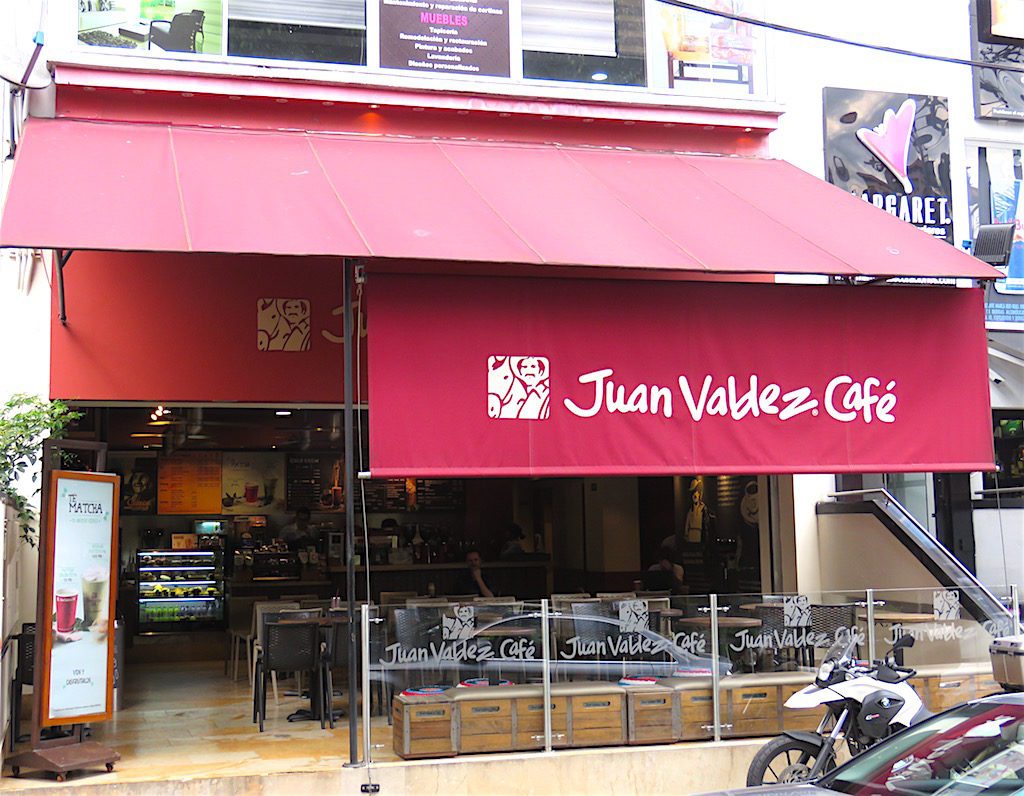
Juan Valdez coffee shop in Parque Lleras
10. Colombians Drink Coffee All Day Long
Colombians tend to drink coffee all day long. A Colombian may have a cup of tinto in the morning with breakfast, with lunch, with an evening snack, as dessert with dinner. And finally may even have a small cup before going to bed.
While in the U.S., it is common only to drink a single cup of coffee in the morning. Coffee shops in the U.S. do most of their business before 10 am.
But in Colombia, coffee shops don’t rely only on a morning rush. At coffee shops in Colombia, 3 pm and 7 pm tend to be busier than the early morning.
Also, in Colombia, your average Colombian usually makes a distinction between tinto and cafe (coffee). Tinto is a thicker more concentrated version that is made with commodity beans and sold in small cups. You can find many people selling tinto from thermoses on the street.
It’s only over the past few years in Colombia that coffee shops selling quality coffee have really started taking off. And on the Medellin Guru website we previous looked at the top 5 coffee shops in El Poblado and the top 8 coffee shops in Laureles.
11. Colombians Don’t Sit Down Right Away on a Bus
Sitting in a bus and watching other people can be really interesting. For instance, when a seat in a bus gets free, Colombians tend to first uncomfortably lean on the back of the seat before sitting down.
They do it in order to let the seat cool down before they sit on it. Just another funny and unusual thing I get to see in Medellín.
The rationale is supposedly that person who just left the seat you’re about to sit in has left their body heat behind and that this can cause the spread of germs.
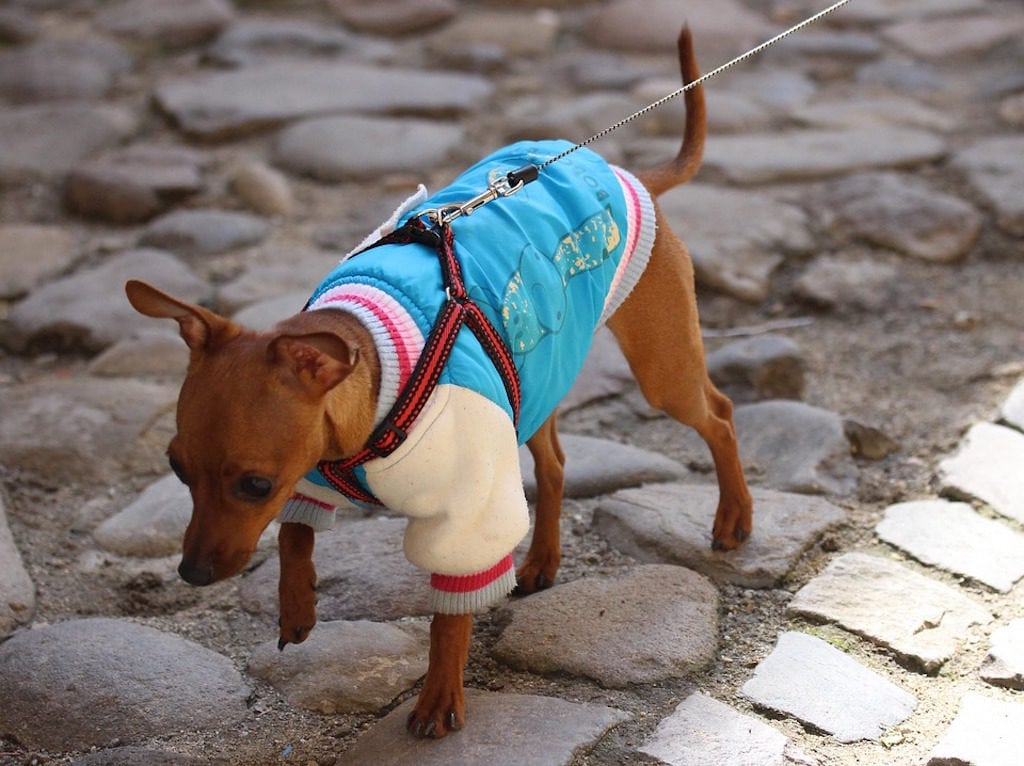
Dressed up Chihuahua
12. Colombians Treat Dogs Like Babies
You usually see this behavior in movies. The typical granny talking to her little dog in a high pitched voice and dressing it like a baby.
That’s daily life here in Colombia and with every age group. Colombians adore their little hairy companions. They love to dress them up with a Colombia shirt or another cute little outfit. The “little fella” will get spoiled, like a human baby.
Also, there’s a really high tolerance for dogs everywhere. When you have a dog you can enter most restaurants and most stores with it.
Also, no matter where I have been so far in Medellín, I usually have seen a pet store nearby and off course in every mall.
The Bottom Line: 12 Things Colombians Do That Foreigners May Find Weird
Colombia is a different country with different habits and some things Colombians do may seem to be weird by foreigners. But it would be boring if you would know everything already and everything was the same, right?
My state of mind changed a lot since I traveled and now live in Colombia. I was always afraid of speaking a foreign language, because I was to afraid of making mistakes.
My embarrassment tolerance went sky high since I‘m living in Colombia. I now speak Spanish with locals even though I know I might say or pronounce something wrong, but that doesn’t stop me anymore from speaking.
On top of that, Colombians taught me how to not overthink everything, but just enjoy the moment. In this way I got to know a lot more people, learn more about the culture and also improve my language skills everyday.
The bottom line is that the things Colombians do that foreigners may find weird or just funny or unusual are from our point of view. But they are normal for Colombians.
These things Colombians do you will need to get used to, but that’s one of the nice things about foreign countries. You get to experience different cultures and habits.
With those different habits you get to see new things and get to understand the new culture even better.
I recommend to everyone, come with an open mind to Colombia. And when seeing something that is unusual or unknown, try not judge them for doing it, but to try it yourself.
You will be surprised how tasty things can be that may sound or look weird. Or how enjoyable somethings can be that you never did before like dancing Salsa.
What other weird things Colombians do have expat readers experienced?
Also, check out the article my husband wrote about our expat story moving to Medellín, how a couple from Switzerland moved to Medellín and are loving Medellín.
Sign up for the Free Medellin Guru Newsletter – You can see all of the previous Medellin Guru weekly email newsletters and sign up here.



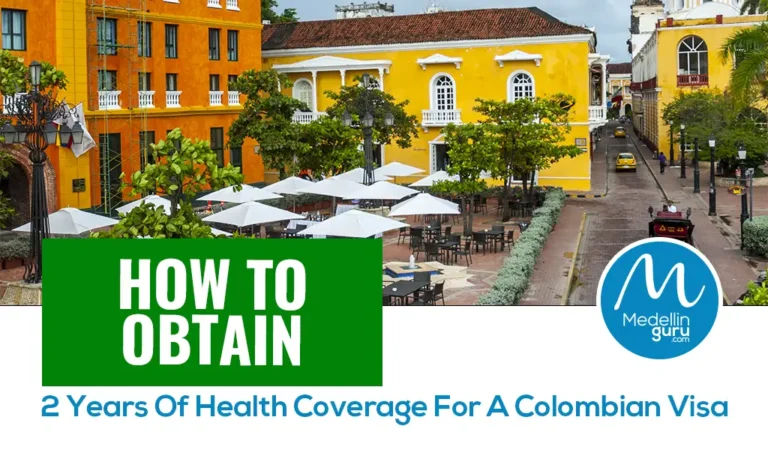

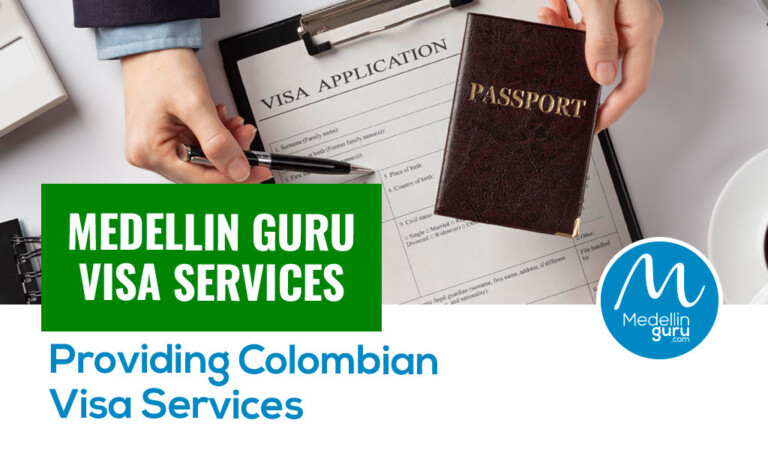
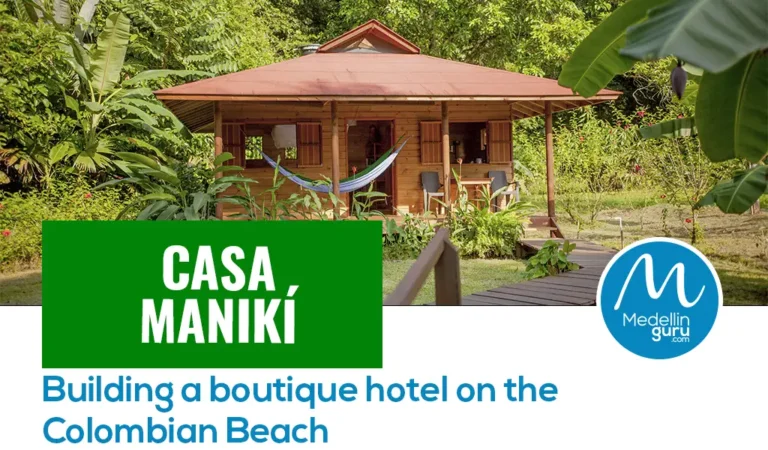
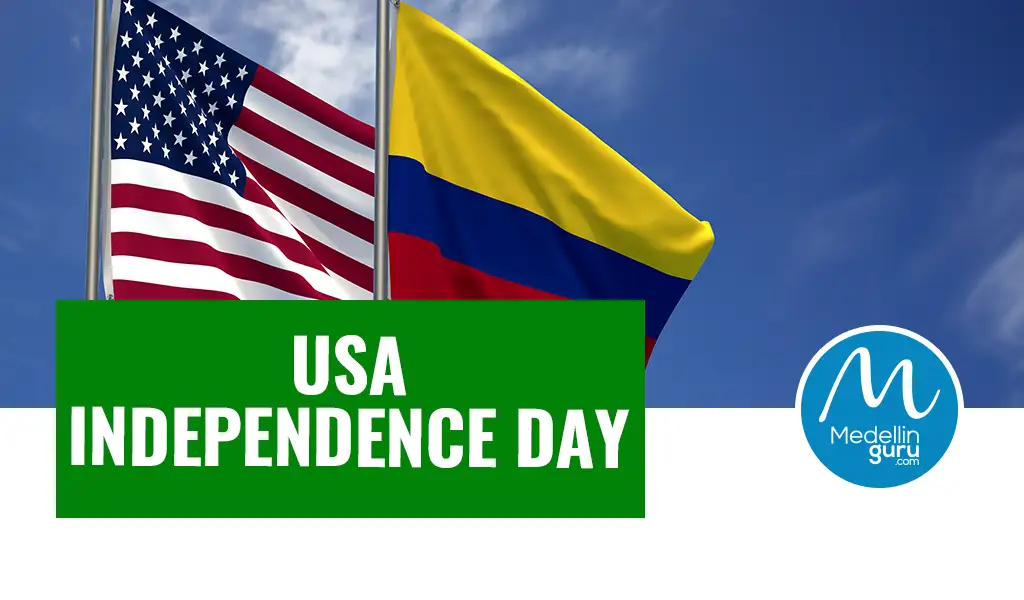
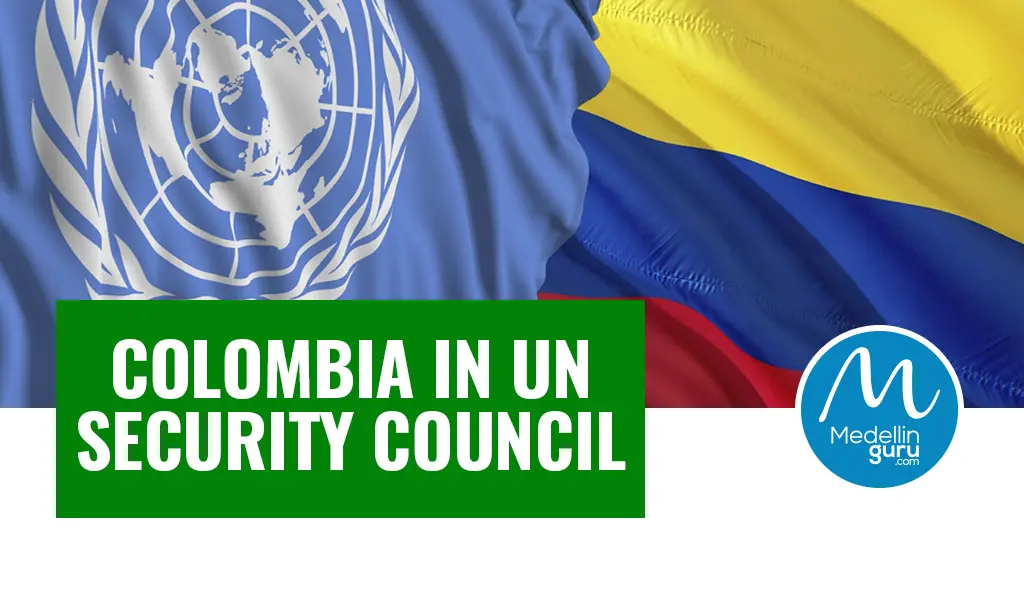
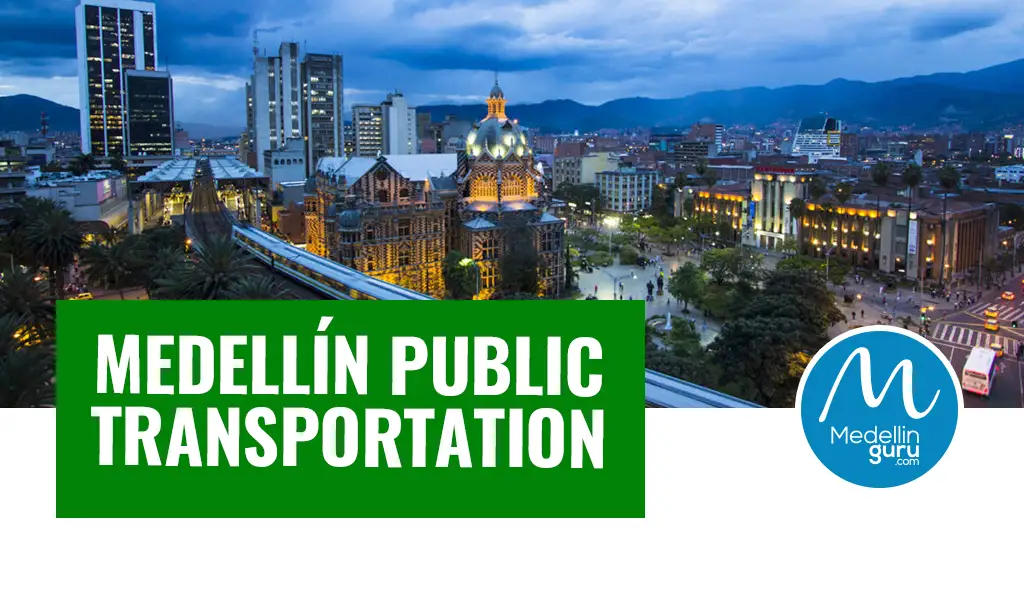
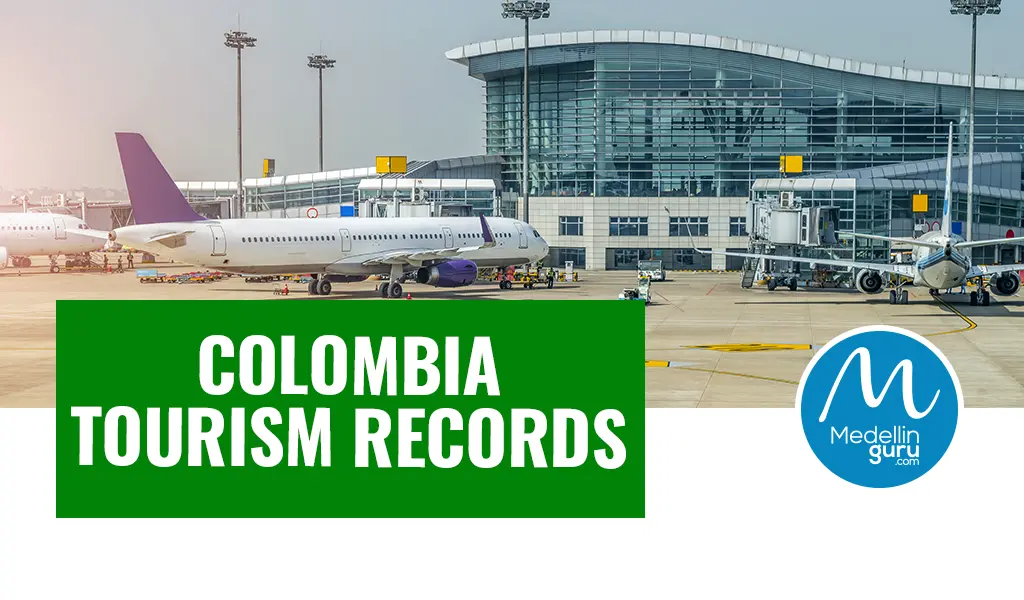
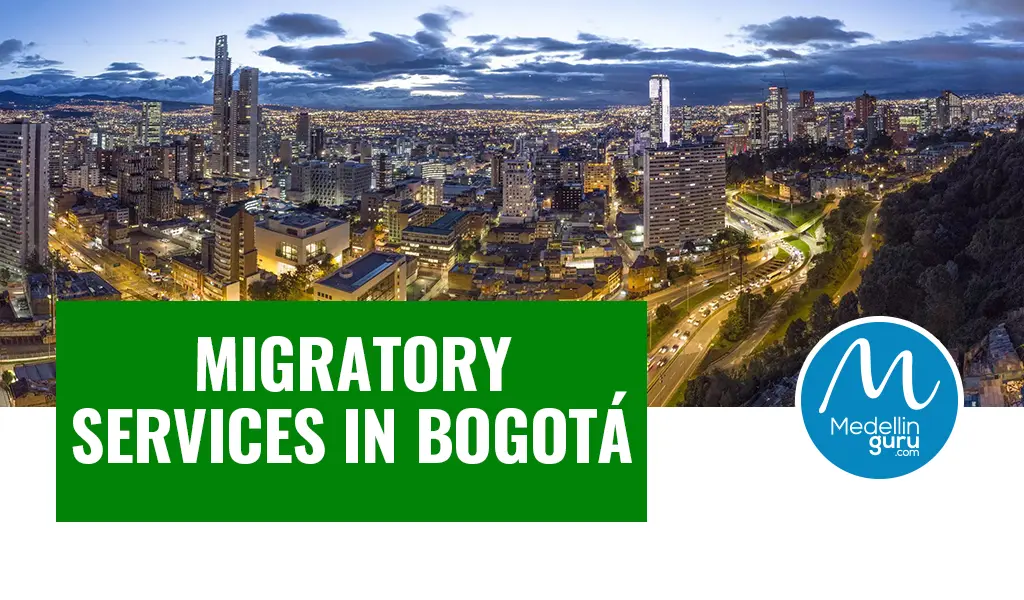
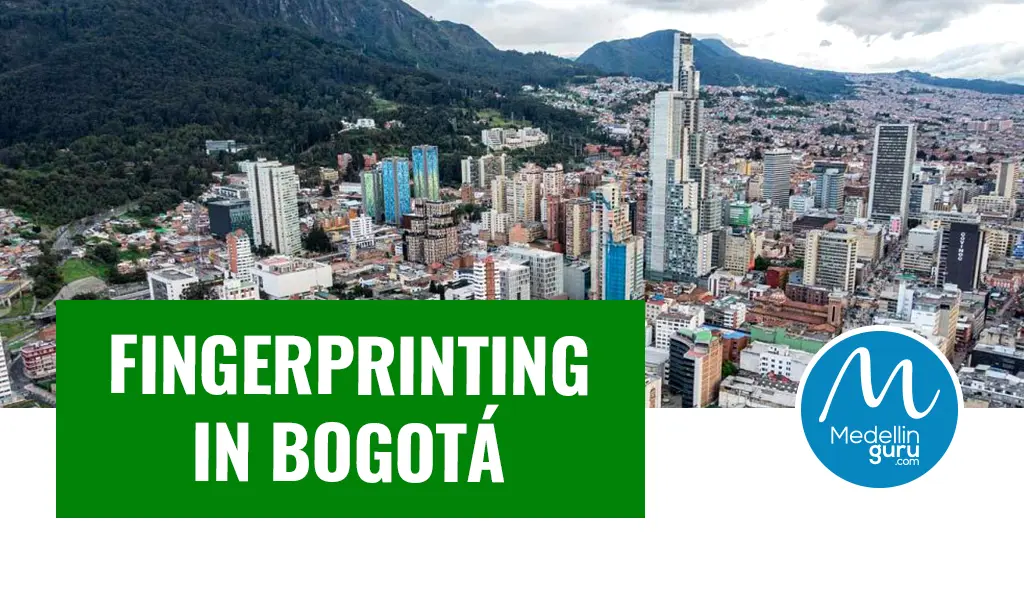
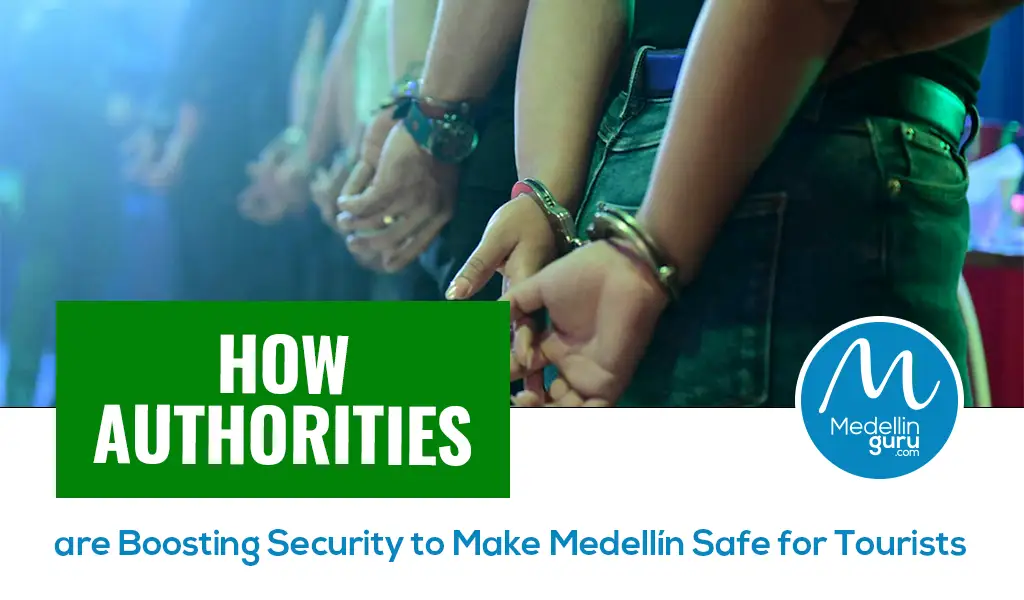
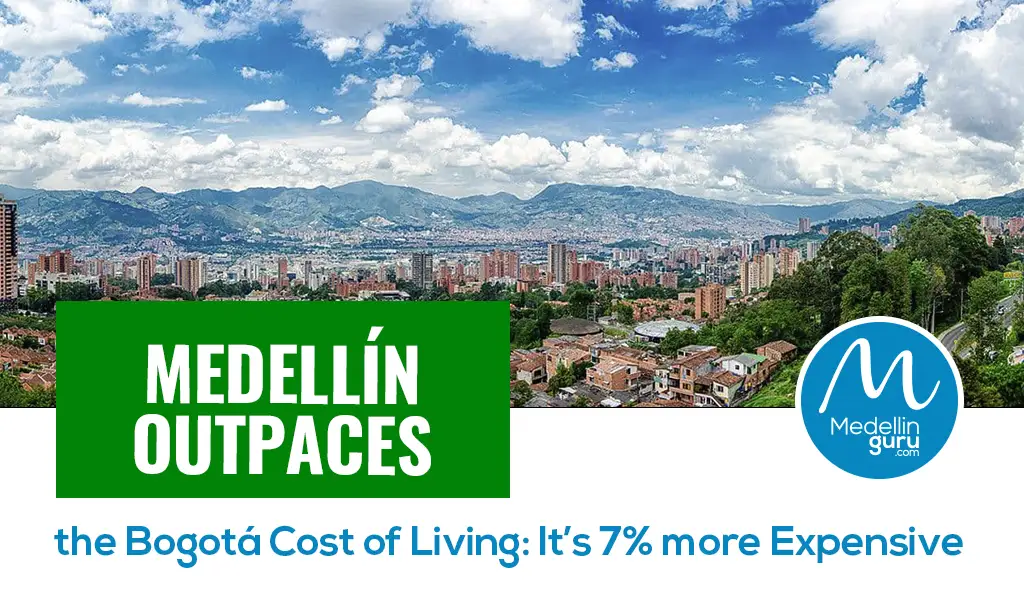


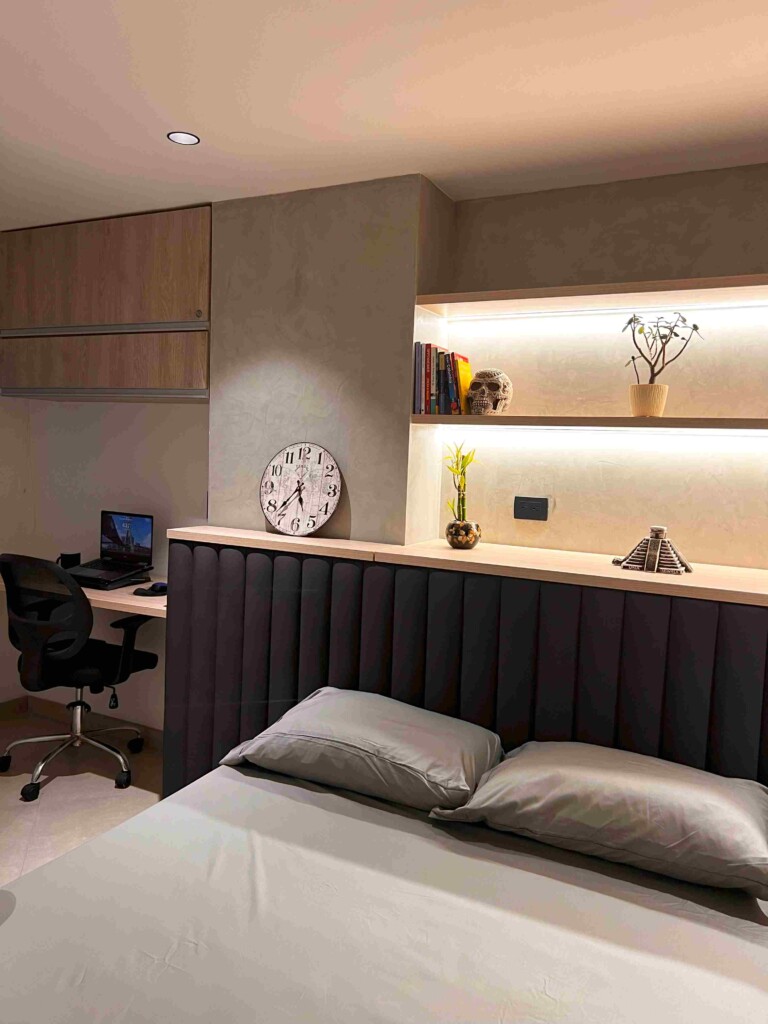



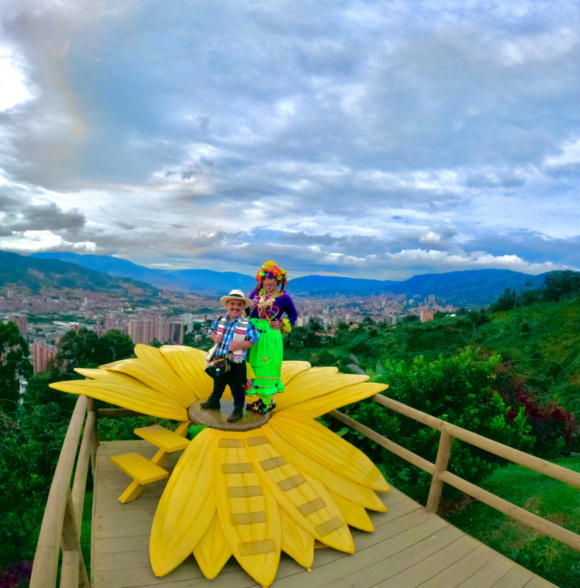



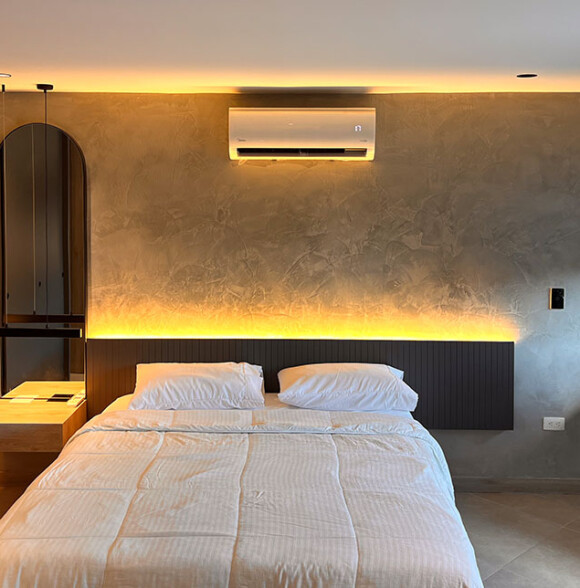
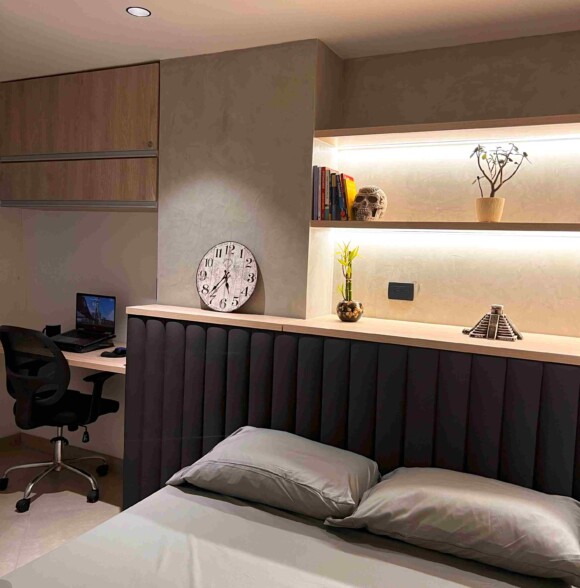






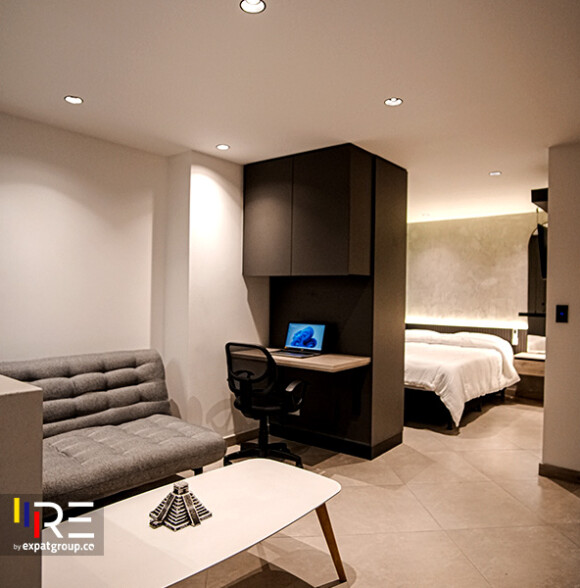
36 thoughts on “12 Things Colombians Do That Foreigners May Find Weird”
Colombians in Antioquia take solicitous politness to a whole new level that I must admit fatugues even me.
By nature and upbringing I’m courteous and social. I’m easy and fluid when it comes to exchanging greetings but I tend to the short and sweet approach and get down to the “business” at hand such as ordering or paying for something. I’ve been to many Spanish speaking countries and if I’ve learned one thing it’s that saying por favor, con permiso and gracias are VERY important and can open a lot of doors. But PALEEZE can we get on with it?
Hola
Como estas?
Bien gracias y usted?
Muy bien tambien (At this oint I’m thinking okay, now down to business to buy that chocolate bar)
Como has estado?
Bien (grrrr)
Amanado?
Si, gracias
Aliviado?
SI,SI,SI,SI,SI WOULD YOU PLEASE RING UP THE CHOCOLATE???!!! Let me out of here!!!!!! (No, I would never actually SAY this but sure am thinking it and boiling)
Lord have mercy.
Colombians have no manners at all. Completely oblivious to others outside their family or group. Disingenuous , petty, and very jealous. They are smarter than Costa Ricans but not by much.
Did a Colombian hurt you?
Hey there! I’ve been following your website for some time now and finally got the courage to go ahead and give you a shout out from Huffman Texas! Just wanted to tell you keep up the fantastic job!
Thanks Angela. I think you nailed the true meaning of “mono.” I have been trying to figure this out for three years now living in Cali.
Our son Joseph is seven years old and born in the United States with light brown hair. Everyone has called him “mono.” I came to believe if someone did not know your name, they simply called you “mono.”
Thanks for this defining moment
Steve
###
It’s my pleasure.
Good morning to all. For quite some time, I have enjoyed reading all the articles and comments.
I retired to Cali three years ago from Houston, Texas with my wife and our 7-year old son. He mentioned to me recently he enjoyed Christmas in Texas much more than Cali. Yet, I heard recently that Medellin had beautiful lights and lots to do during the Christmas holidays. So, I am tentatively planning to buy three tickets and fly in for a week beginning December 25th. I would welcome “Christmas Comments” from the “Medellin” community. Lastly, relevent to the topic our son has light brown hair and is often called “mono.” I figure that is because either his hair is almost blonde or an incorrect guess at his name. In either case, all is good.
Thanks to any member wishing to comment on Christmas. Let me be the first this year to say Merry Christmas.
As a Colombian, I can tell you this is almost 100% accurate. The only thing I would change is that we don’t really call ‘mono’ white people. We refer to ‘mono’ or ‘mona’ to blondes. Besides that, this is so true lol. Aww now I want to go back to Colombia for christmas!
I’m glad that you agree with almost everything in the article :). I now heard several times Colombians calling somebody “mono” even when he wasn’t blond at all.
I guess, for some things it is just not possible to have a rule for, that 100% fits.
Hi Tacha,
I’m from Medellín and maybe I can help you with “mono” meanings. It’s used for people with light hair color, so it could be light brown, blonde or even red hair. My father was red hair and everybody called him mono.
Angela
Hi Angela, thank you for the explanation! 🙂
Edy by weird dont think bad. Think just different. We use the word weird often to mean different. There have been some things posted that I experienced and was not surprised by or thought but maybe some of that is because my wife is Colombian. Maybe because I have many Hispanic friends. Please dont take offense.
Forgot to enjoy the food, the kindness of the people, the music, the beautiful places, the paisa culture, the beautiful landscapes, the fauna and the flora … or rather … lost the coming to COLOMBIA and my beautiful land. jajajajajaja … hopefully find another that can come to enjoy and not criticize ….
Hi Edy
Thanks for your feedback.
The article was especially to talk about things that foreigners may consider as weird, unusual or different. By weird, I don’t mean something negative but unusual / different. If you are going to another country you may find things that you are not use too and that is exactly what this article is about.
I could write way more about the beautiful things about Colombia, like you already mentioned, the food, the friendly people, the landscapes and so on.
Please don’t take it in a negative way, different doesn’t mean bad at all 🙂
1) A super-polite ‘Con (mucho) gusto’, even though you’ve rejected their sales pitch and declined to buy something. And always after saying ‘Gracias’.
2) Calling me ‘Mr Trevor’ (my first name) as a mark of respect for a senior.
3) Vanity braces, as a fashion statement, are just as common, and un-needed, in Thailand.
Mothers calling their sons “papi” and fathers calling their daughters “mami”.
Little weird.
My wife’s auntie’s often call our young son my name then our son’s name.
This may be weird but are lovely and great. Thanks a lot for highlighting them.
On the other hand, what I’ve fouñd in El Hueco is that if you’re looking for something a bit unusual, if you ask in any store, they will give you some very specific and complex directions and it’s always correct.
Lucky you! I don’t have so much luck when I’m asking for directions. 🙂
Great article! Arepas taste lot better with cheese mixed into the dough. and just for completeness, the breads in the first photo – on the left is Almojabana and right is Pan de Yuca. (I recognized it from wikpedia 🙂 My favorite is PANDEBONO (Cheese Bread!), optionally filled with guava jam. And all of these are Gluten Free.
and Yes, Rich Holman, politeness is essential for foreigner anywhere and know the polite words – people will be appreciative and more helpful.
A really nice compilation of differences.
Having retired and moved to Cali three years ago, I can agree that the cultural differences are many. In Colombia, that just brings the “specialness” of each day to light!
I think one very important thing that was left out is that all conversations whether it be social or business, are always prefaced by such lines as, como estas, que mas, bien o no, como le va, etc. In other words how are you doing? Then you can get down to business.
On more than one occasion when I was in a hurry and addressing somebody like an Internet repair guy I would start the conversation with, ¨when will it be ready¨ and he would reply, ¨Como estas¨.
This was a real wake up call for me as this is very much embedded into their very polite culture.
Hi Rich!
Yes, you are absolutely right about that. For me, it wasn’t really an issue because it is pretty similar to the culture in Switzerland. (where I’m from) That’s why I didn’t even think about it.
But thanks for the input. Have a nice weekend 🙂
Great article.
I’ll be visiting Medellin my 3rd time next month and I absolutely love the culture there. One of the things that stands out to me as being unique is the intentional way Colombians dress and their attention to their appearance. In my corner of America, clothing comfort consists of flip flops, cargo shorts, oversized hoodies and yoga/sweat pants to practically every event or outing. In Colombia, the everyday man wears dress shoes, khaki’s or slacks and long sleeve shirts or polo’s. The women wear heels, make-up, and other feminine attire to align with the occasion. Overall hygiene is very important to Colombian culture from what I gather irrespective of class. I absolutely love that about the culture but for others it would demand an elevation in their sartorial “game” if they want to be taken seriously.
Of all of the 12 things listed I can add several more positives and only one serious negative.
ohhhh !! I wish i knew that before .
I must of asked 5 people in Medellin for directions each of them giving me opposite directions. LOL!!
Oh noo!! I hope the article helps other Expats and travelers in the future to avoid the same mistakes 🙂
I’ve spent many months and weeks in Cali since the 90s. People don’t usually give a seat up on packed buses (unless it’s very obvious ie. elderly person etc) but they will ask you if you want to put your shoulder or shopping bag on their knee whether you are young or old.
LOL this is a great article. I have run into getting bad directions from Colombians many times so I never ask anymore.
Thanks a lot Charlie! Me too, I learned my lesson haha 🙂
Fun stuff ! Cheese, I fond the these not neutral but just more creamy. I felt that it didn’t need to be salty because it was just naturally delicious. I also sampled some amazing cheese wrapped in platanos leaves in Tolima ! OMG … Name calling. I think it’s worth mentioning that it’s not just a way of speaking. Most often it’s meant to be “cute” or nice, especially once they add ito or ita at the end and they are even used as terms of endearment. Being late. this isn’t just a Colombian thing. As any of my hispanic friends will assert, it’s a “brown thing”. Heck my friends even call it “brown time”. They say things like “we are leaving at 12, that’s 11 brown time” 🙂
LOL! Thanks for your comment Bob. I never heard about the “brown time”, but my friends and I call it the “Colombian time”. I guess we are talking about the same but describe it differently.
Totally agree with you about the cheese, it really doesn’t need to be salty it’s delicious the way it is. I prefer the cheese with sweet stuff, like Arepa de Chocolo con Queso or Pastel de Arequiqe con Queso.
About the name-calling I also agree with you. It really depends on the context, but in general I would say they don’t use it to offend anybody, but to make it also easier for you to know that they are calling you. Still, I think it is something that, a foreigner need to get used to. Where I’m coming from, people would be really upset to be called “Gringo”, “Gordito” or however.
Wish you a nice day.
I had to convince one of my daughters and one of my friends that my wife was not offending me when she calls me Gordo or Gordito hahahaha. Yeah pretty much everyone in Central and South America is late. 🙂 So I definitely agree it’s something that people should know before they go ! 🙂 Enjoy your weekend.
this was so nice to read ! love from Colombia ❤️
But how could we survive without our gorditas or our negritos or our blanquitos or our pelotones or our narizón?
PERDON – are all those food words? Only recognize (and find in google search) Gorditas
Or really to describe people?
this gringo can tell you Gordita/o, negrita/o and blanquitos/as are not food words and used to describe people. Heck my wife calls me gordito almost every day. 🙂 adding ta(s) to(s) to the end of words is a very common way to describe people. the other two I’m not sure of.